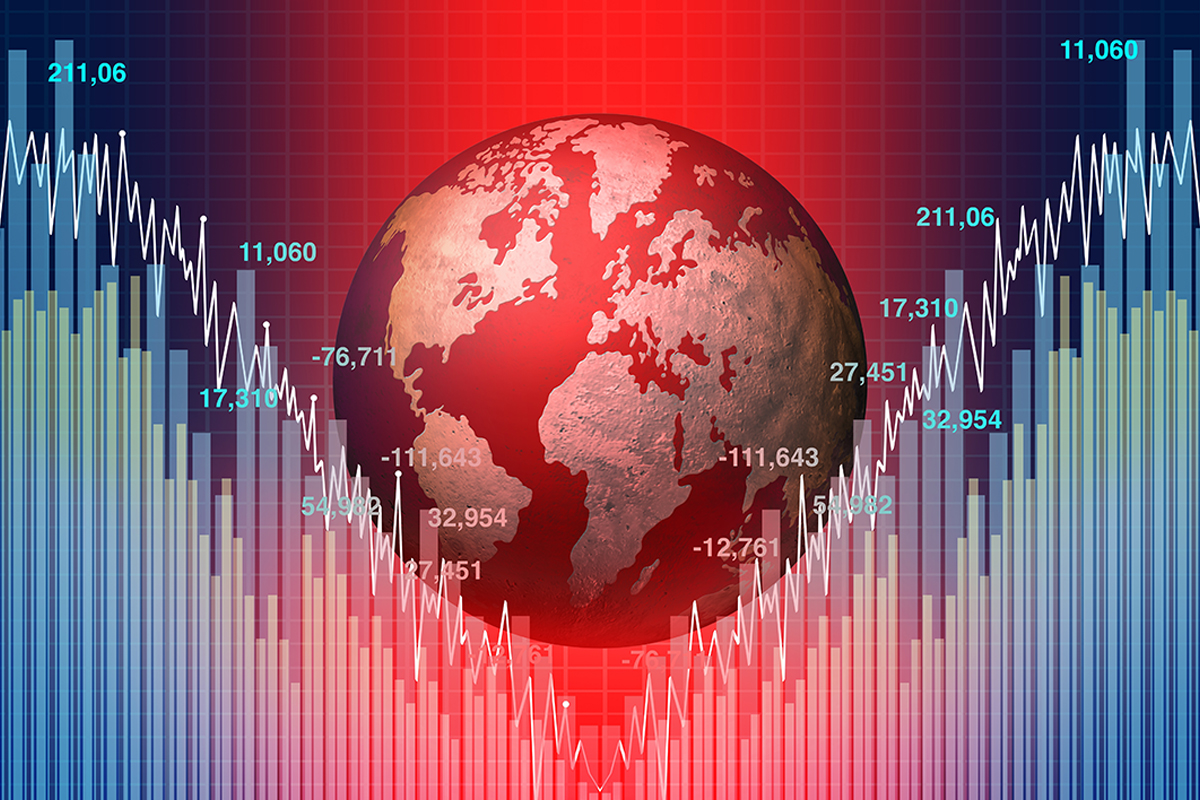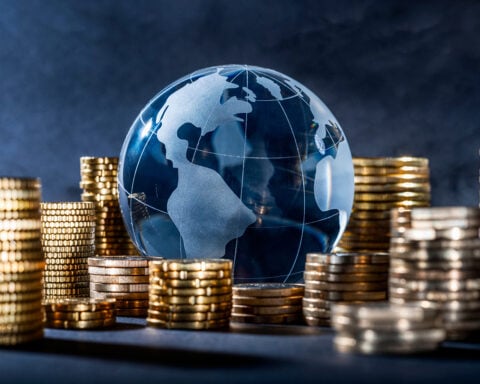A dire warning has been sounded by a high-ranking official at the International Monetary Fund (IMF), suggesting that the global economy is teetering on the brink of a second Cold War. This ominous scenario threatens to unravel decades of progress and prosperity.
Gita Gopinath, serving as the IMF’s first deputy managing director, has raised the alarm regarding the increasing fragmentation of the world economy into regional power blocs, with the United States and China emerging as the focal points. This fragmentation, driven by escalating tensions among major global powers, poses a grave threat to the established global economic order.
Gopinath has cautioned that if the world descends into a “cold war two,” it could result in a catastrophic reversal of the gains achieved through open trade, potentially erasing trillions of dollars from global output.
The world is at a pivotal juncture as tensions escalate among the most influential nations on the planet. Recent events such as Russia’s invasion of Ukraine in February 2022 have exacerbated these tensions, straining relations between the United States and European nations in the West, and China and Russia in the East.
Gopinath has highlighted the potential devastation that a collapse in trade between these two power blocs could bring. A complete cessation of trade could lead to global economic losses of around 2.5% of its Gross Domestic Product (GDP), equivalent to roughly $2.5 trillion. In a worst-case scenario, where economies struggle to adapt to the new divisions in global trade, losses could soar as high as 7% of global GDP.
Additionally, the fragmentation of foreign direct investment into two blocs, centered around the United States and China, with some countries remaining non-aligned, could result in long-term global losses of approximately 2% of GDP.
The past few years have witnessed a slowdown in international trade and investment, partially attributed to the rise in protectionist policies since the 2008 financial crisis. In response, companies have been diligently working to “de-risk” their supply chains, with the disruptions caused by the COVID-19 pandemic accelerating this trend. Many firms are leaning towards “reshoring” or “friendshoring,” opting for domestic or politically aligned suppliers.
Governments have also allocated substantial funds to stimulate domestic economic growth, create jobs, and promote green industries to combat the climate crisis. While there are potential benefits to these strategies, Gopinath has cautioned that mismanagement of the process could easily overshadow these gains and potentially reverse nearly three decades of peace, integration, and global economic growth that has lifted billions out of poverty.
In her address, Gopinath has pointed out that some politically non-aligned countries could act as intermediaries between the rival economic powers. For example, large electronics manufacturers have been relocating production from China to countries like Vietnam due to tariffs imposed by the United States. Nevertheless, Vietnam still sources most of its inputs from China.
Latin American countries, including Mexico, could also reap some benefits from this situation. Mexico has recently surpassed China as the largest exporter of goods to the United States, with numerous Chinese firms establishing operations in Mexico to target the U.S. market.
However, Gopinath emphasized that even countries benefiting from mild fragmentation could suffer significant losses if the situation deteriorates further. In a worst-case scenario, everyone could find themselves with a smaller share of a shrinking economic pie.
As the world grapples with the delicate balance between regionalization and global cooperation, the IMF’s warning serves as a stark reminder of the high stakes involved. The future of the global economy hangs in the balance, and the decisions made in the coming years will have far-reaching consequences for nations and individuals worldwide.







